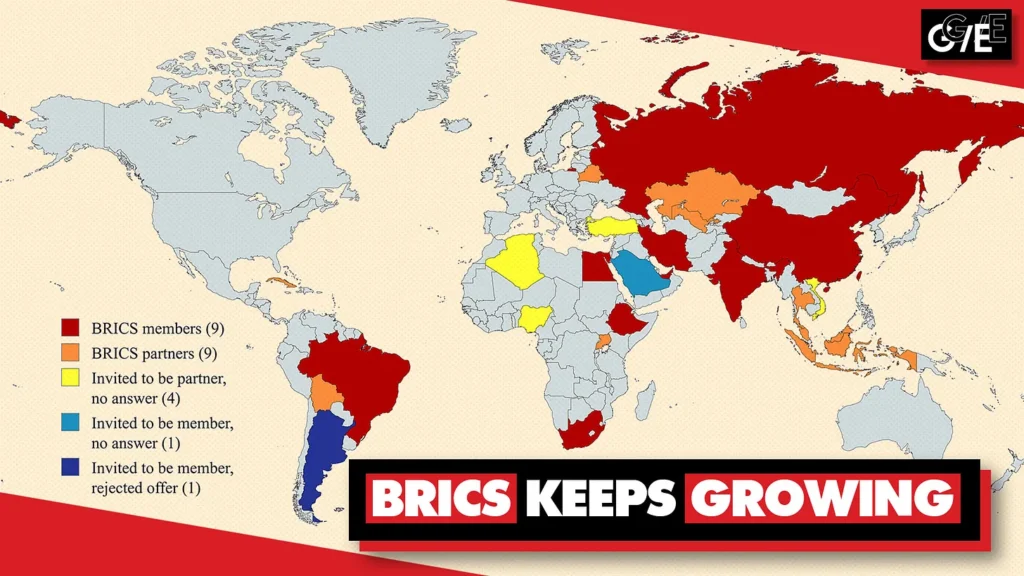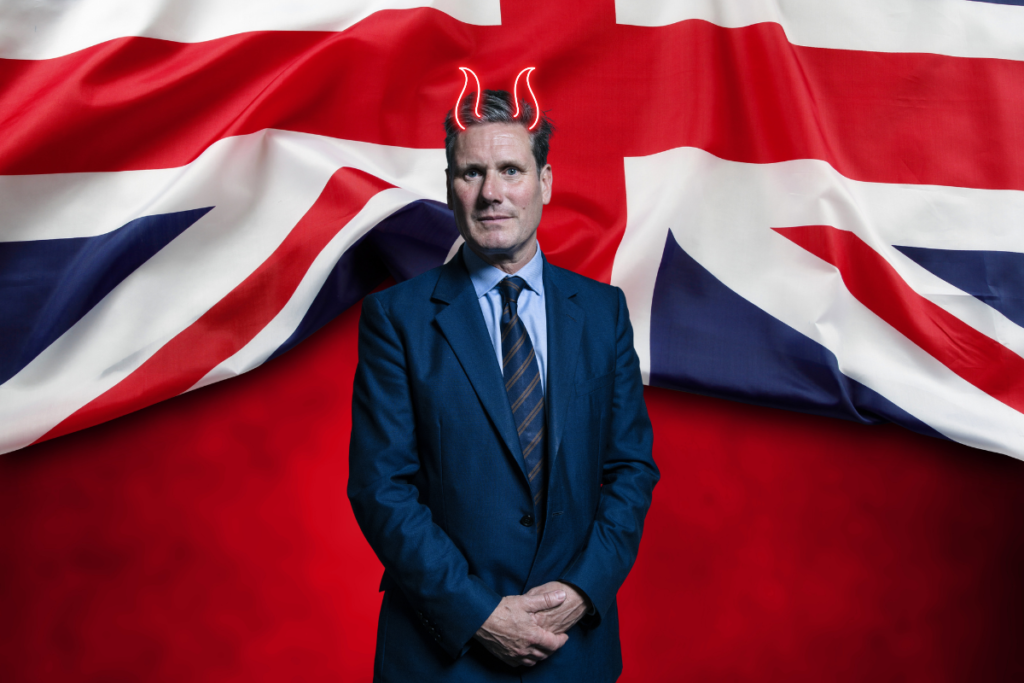Public opinion in Europe is shifting dramatically, as a growing number of Germans and Italians are calling for a halt to arms exports to Israel in response to the ongoing war in Gaza. What once seemed politically unthinkable, cutting off military support to Israel, is now not only on the table, but rapidly gaining traction across the continent.
In Germany, recent polling reveals a stark change in public sentiment. A national ARD poll conducted in early June 2025 found that 73% of Germans support tighter restrictions on arms exports to Israel, with nearly one-third, 30%, backing a complete ban. That’s a seismic shift in a country long seen as one of Israel’s staunchest allies due to its historic responsibility stemming from the Holocaust. Even more striking, 74% of respondents oppose offering Israel unconditional support, and 63% believe Israel’s military response in Gaza has been excessive. A majority, 55%, now question whether Germany should continue holding a “special responsibility” toward Israel at all.
Political leaders are starting to echo this frustration. Chancellor Friedrich Merz, previously known for his pro-Israel stance, has publicly criticized Israeli airstrikes as “no longer justifiable or comprehensible.” Foreign Minister Johann Wadephul has suggested Germany may need to reconsider its military exports, hinting at possible sanctions. While Germany hasn’t imposed a formal arms embargo, the tide is turning. Since March 2024, licenses for offensive weapons have plummeted, largely due to legal challenges and public backlash. Between October 2023 and May 2025, Germany still approved approximately €485 million in military export licenses to Israel, a figure that now faces mounting scrutiny.
Meanwhile, Italy has quietly moved even faster. The Meloni government has not issued a single new arms export license to Israel since the start of the war in October 2023. While existing contracts haven’t all been canceled, the freeze on new approvals sends a strong political message. Although Italy’s public polling data on this issue is less available, the government’s position suggests that pressure from citizens and civil society is having an effect.
This growing European disillusionment with Israeli policy is no longer confined to the political fringe. As civilian casualties mount in Gaza and Israel faces increasing allegations of war crimes, the moral and political cost of supplying weapons has become too heavy for many Europeans to bear. The era of automatic support for Israel is crumbling, and the implications are explosive.



